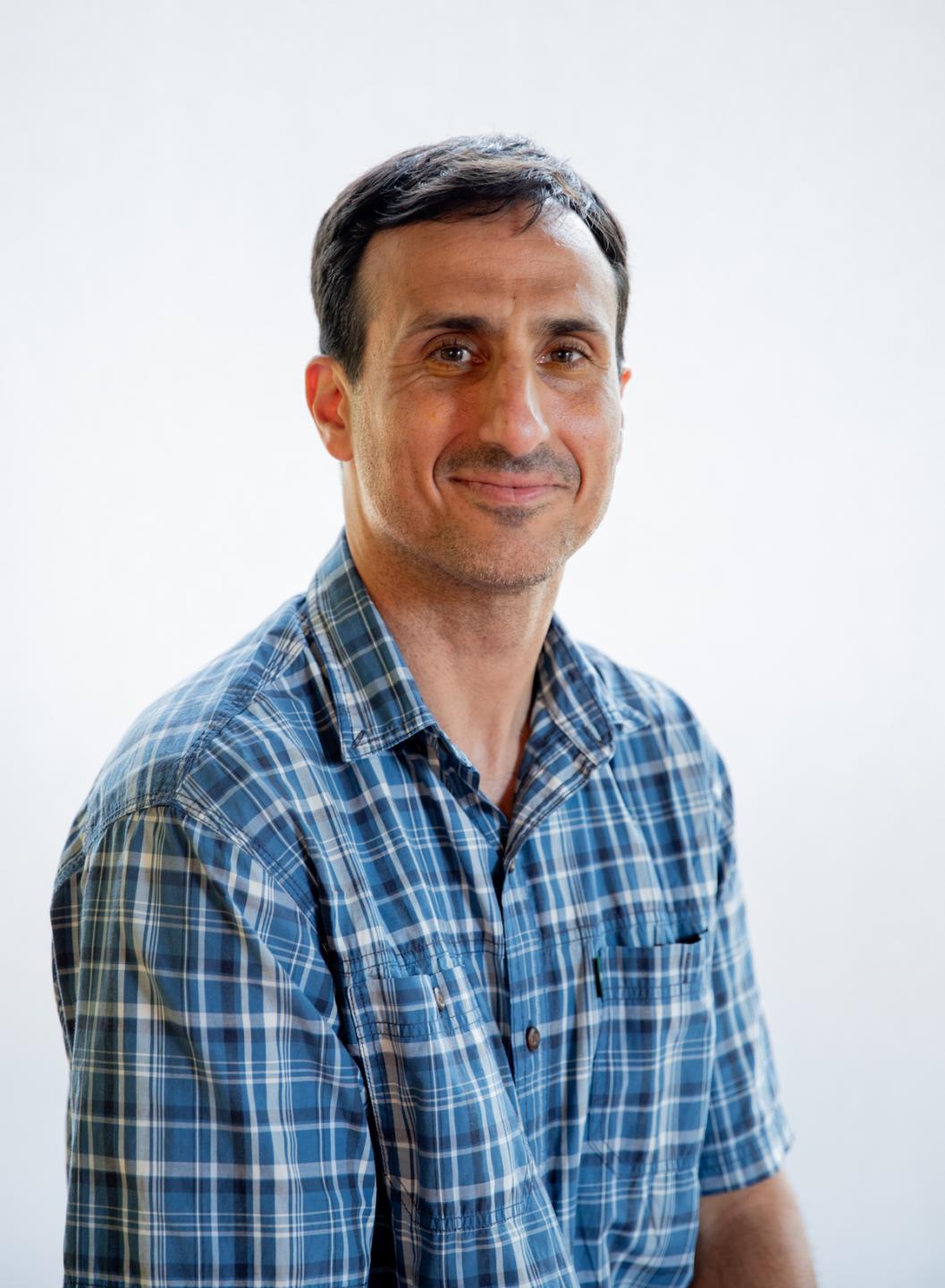
What does your research focus on?
I am studying fundamental visual computations using the common fruit fly (Drosophila melanogaster). Visual computations are transformations that neurons in the eye perform on incoming visual information before sending it to the brain. This way the brain will receive meaningful units, for example, detecting movement or separating an object from the background.
Flies clearly see the world in a different way than we do, yet they still need to be able to fly around without crashing into obstacles. Since vision is their main sensory tool for this task, it means they have to perform visual computations fast, reliably and robustly. I find it fascinating that they can do it with only 100,000 neurons, about a million times fewer neurons than we have.
How (or why) did you become interested in that line of research?
I was originally interested in animal behaviour and was fortunate to get my first foray into science in an ethology lab, where I learned how to look at behaviour. I later realized I wanted to understand how behaviour is generated and started focusing more on neuroscience and electrophysiology.
I think that flies are ideal for asking the computational questions I am interested in. There are genetic tools for flies that allow highly-specific manipulations, a full brain connectome that allows circuit tracing, behaviours that are complex enough, and I don’t feel bad about poking around in their brain.
What’s the most interesting aspect about your research that most people won’t know about?
Recording responses from fly neurons is quite challenging. There are many steps, which need to align perfectly for the experiment to work. It can be very frustrating since even with experience, you can fail a lot before you succeed. I found that when I record, I need to be in a somewhat ‘zen’ mindset and leave the ego out of the experimental room. If I am too proud of myself when it works or too disappointed when it doesn’t, the next experiment will not work.
What are you looking forward to most about joining U of T Scarborough?
Most of my scientific career was in small research institutes. Teaching, especially large classes, is a new experience for me, and I am really excited about it. This semester, I will be teaching Neuroethology, and I hope to get the students as enthusiastic about the topic as I am.
What are you reading/watching right now?
I am currently reading Braiding Sweetgrass by Robin Wall Kimmerer with my wife. She actually chose the book, so I can’t take any credit. The author is a botanist and a member of the Citizen Potawatomi Nation. In the book, she combines these two streams of knowledge and shows how we can benefit from the additional perspective of Indigenous knowledge.